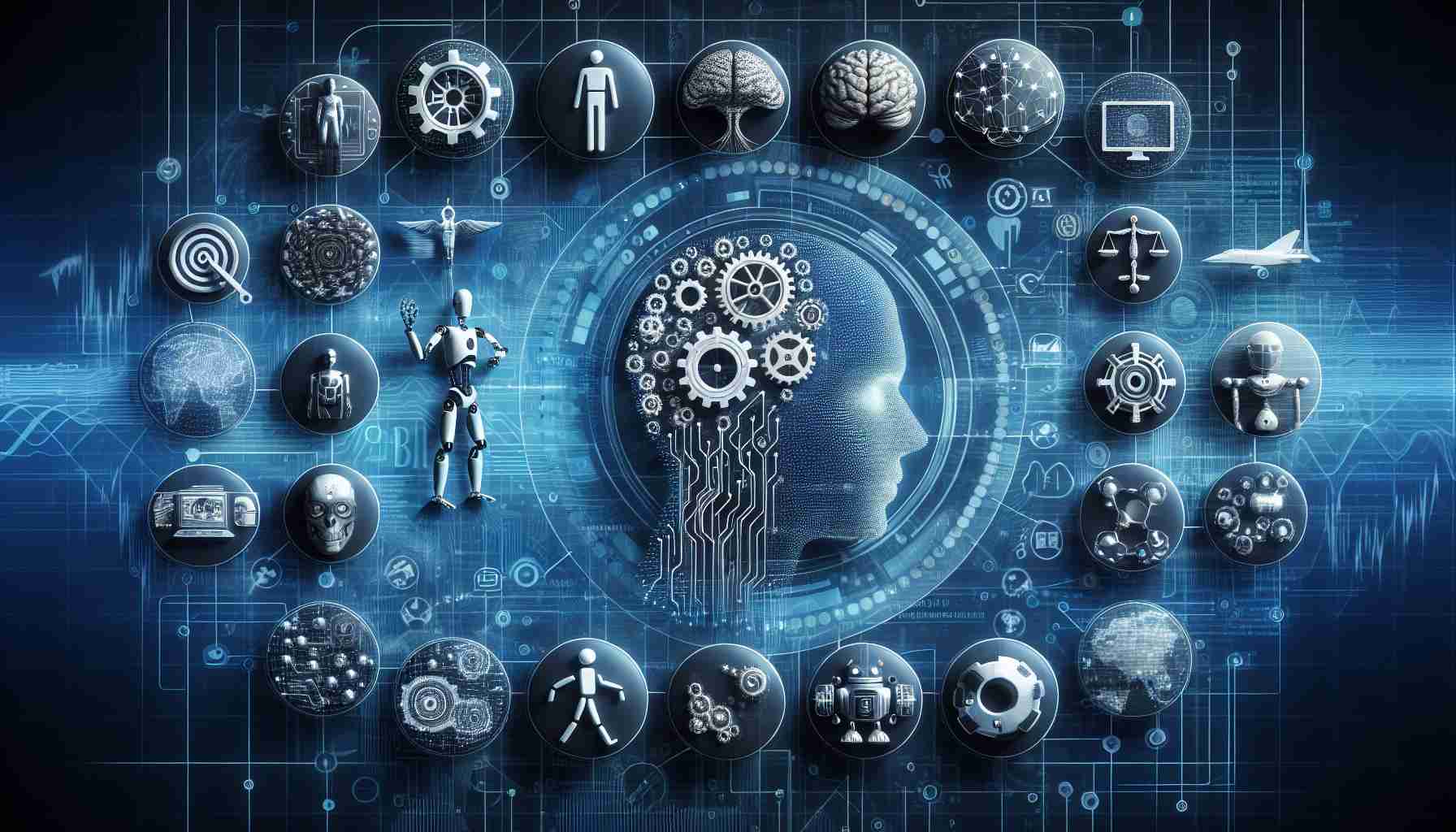A recent discussion on ATV’s “Straight Talk” with futurist Arthur Keleti has shed light on the exceptional progress of artificial intelligence. Keleti believes that AI has not only approached human intellectual capabilities but, in certain areas, has already exceeded them. This perspective highlights the swift evolution of AI and its increasing significance in both everyday life and specialized fields.
Responding to Elon Musk’s cautionary statement about the accelerating intelligence of AI, Keleti acknowledged that we could soon witness AI outperforming average human intelligence. Musk famously opined that humanity might have only one more year before AI surpasses us, hinting at the urgency to understand and manage the implications of these advancements.
These insights into AI’s development prompt serious consideration of the future dynamics between human cognition and artificial intelligence. While the full picture of AI’s potential and its impacts on society remains to be clarified, the conversation serves as a catalyst for embracing the revolutionary changes that lie ahead. As AI continues to evolve, its role in transforming the economic and business landscape becomes ever more pivotal, making continuous monitoring and discussion essential.
Important Questions and Answers:
– What aspects of human capabilities has AI surpassed? AI has surpassed human capabilities mainly in areas such as data processing, pattern recognition, and specific tasks that involve large-scale computation and decision-making based on pre-defined algorithms. For example, AI is superior in playing complex board games like chess and Go, recognizing and sorting images, and optimizing logistics.
– How can society prepare for the advancements of AI? Society can prepare by fostering a robust dialogue around ethics, safety, and the integration of AI into various sectors. Educational systems must adapt to equip individuals with skills that cannot be easily replicated by AI, such as critical thinking, creativity, and social interaction. Additionally, policymakers should develop guidelines and regulations to ensure the responsible deployment of AI technologies.
– What are some key challenges associated with these advancements? Key challenges include addressing job displacement due to automation, ensuring the ethical use of AI (preventing biases, maintaining privacy), and managing the potential existential risks that might arise if AI becomes too intelligent or uncontrollable.
– What are the controversies surrounding AI surpassing human capabilities? There are debates regarding the existential risks of AI, the moral status of sentient AI systems, and the impact on employment and societal structure. Some argue that AI should be restricted or heavily regulated, while others promote the unfettered development of AI for the benefits it can bring.
Advantages and Disadvantages:
Advantages: AI can greatly enhance efficiency and productivity in various industries, bring about innovative solutions to complex problems, and perform tasks that are dangerous or undesirable for humans. It can also contribute to personalized medicine, smart cities, and environmental monitoring.
Disadvantages: AI poses risks of increased unemployment, potential misuse (such as autonomous weapons), and the loss of human skills and creativity. There’s also the existential threat of an uncontrollable AI, and difficulties in establishing ethical and legal frameworks for AI behavior.
Suggested Related Links:
– ATV
– Tesla (related to Elon Musk’s work and perspective on AI)
– OpenAI (AI research and deployment company)
Summary:
The discussion with futurist Arthur Keleti emphasizes that AI has made significant strides in recent years, surpassing human abilities in specific tasks. The recognition of this rapid progress raises fundamental questions and concerns about the relationship between human intelligence and AI. Advantages of AI include improved efficiency and the ability to solve complex issues, while disadvantages revolve around ethical concerns, the potential for job displacement, and the risk of AI developing beyond human control. Continuous discussion and proactive measures are crucial to navigate the challenges and opportunities presented by AI advancements.

